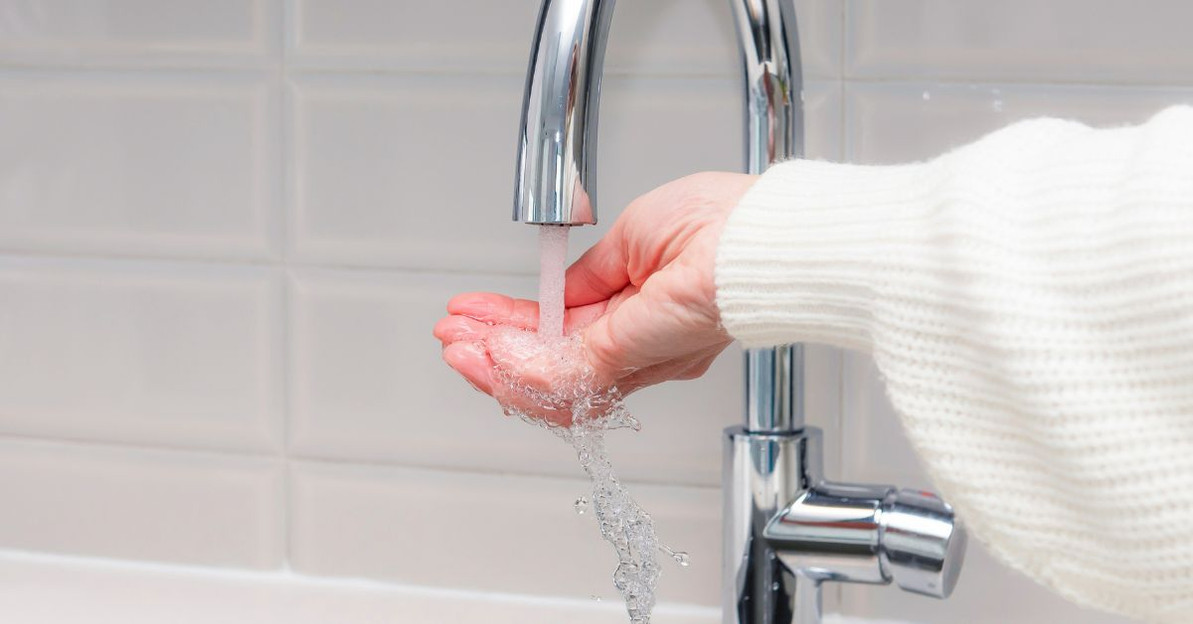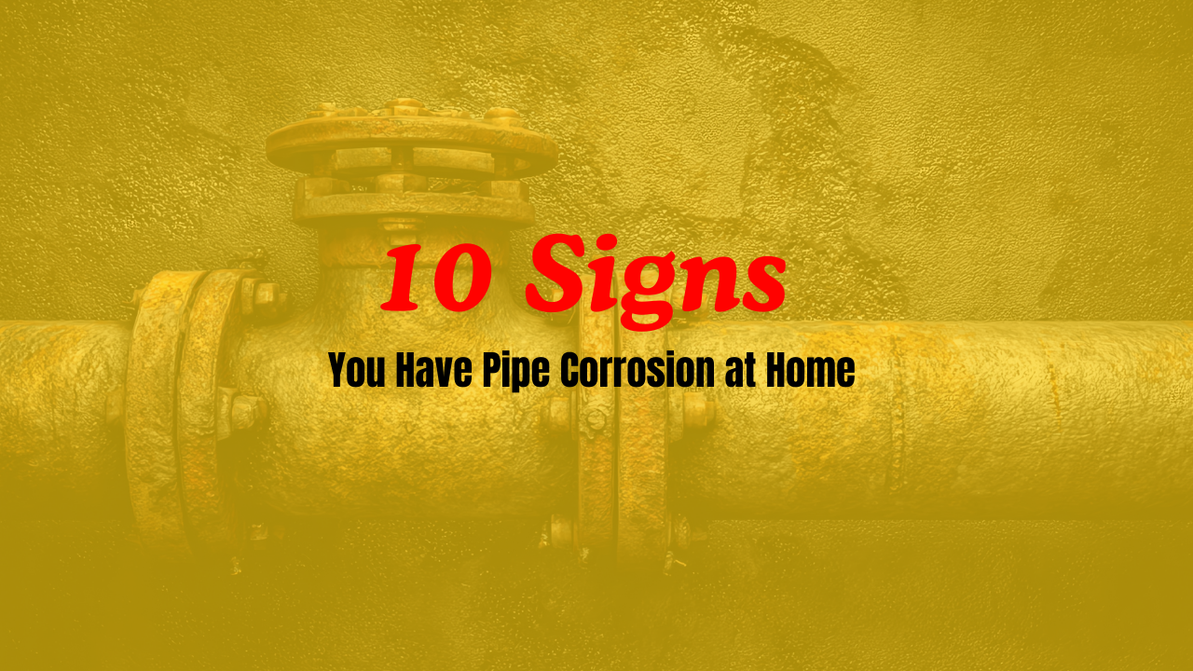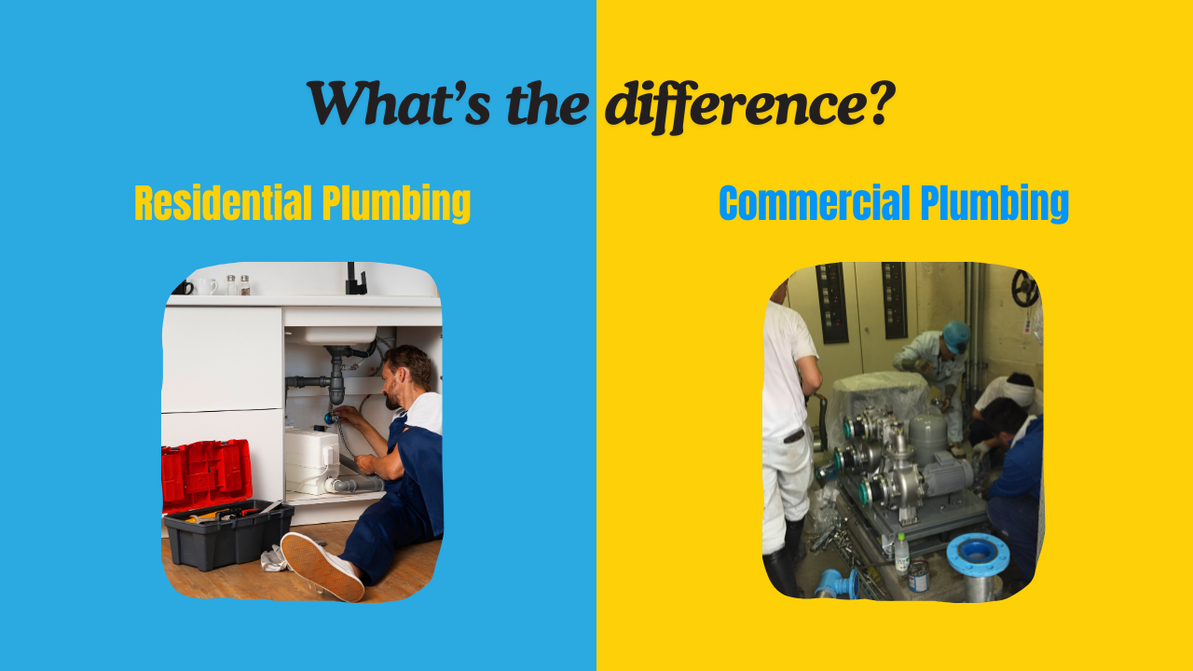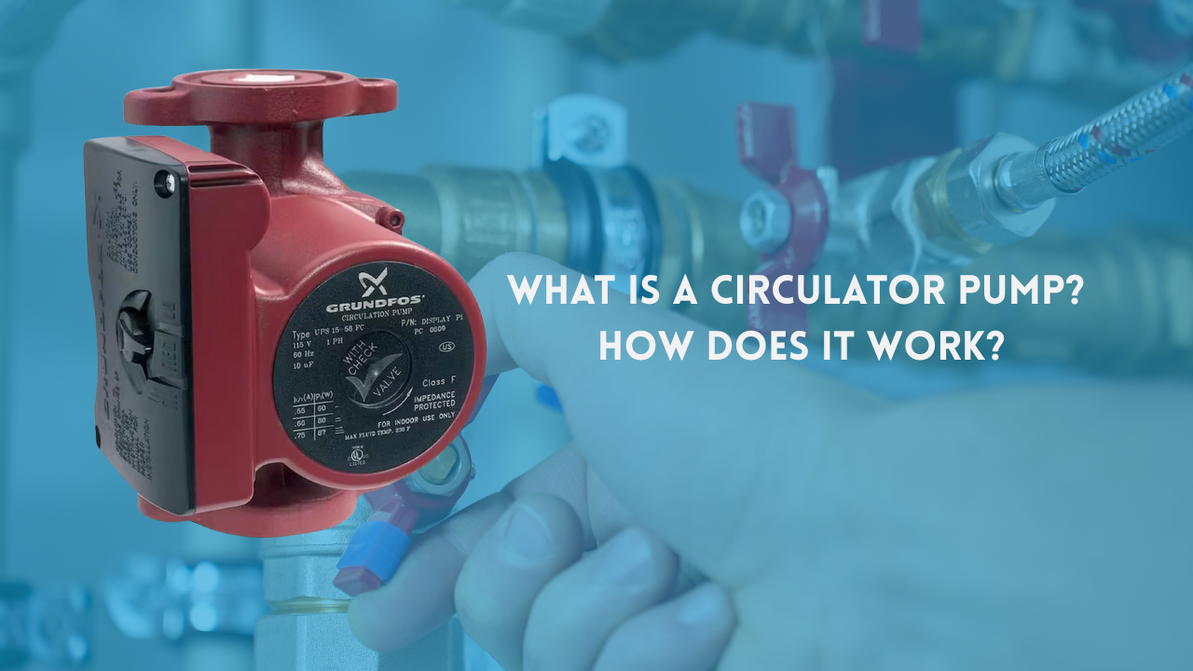Plumbing Problems To Look For When House Hunting
Browsing homes often sparks visions of cozy living rooms, backyard barbecues, and a kitchen you can’t wait to cook in. It’s easy to get swept up in imagining your life in a space, but beneath the surface, something less glamorous might be lurking: plumbing issues. Pipes, drains, and water heaters aren’t as eye-catching as hardwood floors or fresh paint, but overlooking them could quickly turn your dream home into a nightmare.
Imagine it. You’ve just moved in, excited to settle into your new space, only to find out the shower won’t drain, the toilet leaks, or—worst of all—a hidden water problem caused by old piping has seeped into the walls. These are headaches no one wants to face, especially after making such a big investment.
The good news is that a little awareness can go a long way. Knowing what plumbing problems to look for when house hunting gives you confidence that your prospective home won’t turn into a fixer-upper overnight. Let’s dig into the telltale signs of plumbing trouble so you can focus on finding a place to love without unexpected waterworks.
Low Water Pressure
When water pressure feels weak from faucets and showers, it can be frustrating, but it might also point to a more serious concern. Mineral buildup in the pipes, leaks in the plumbing system, or even corroded pipes could all cause low pressure.
Test the water pressure in multiple locations around the house to determine if it’s a widespread issue or just localized to one area. Well-maintained plumbing should provide strong, consistent water flow.
Slow Drains
Don’t overlook slow-draining sinks, tubs, or showers while touring a potential home. While it’s possible the cause is just a minor clog, slow drainage can also point to a larger problem deeper in the plumbing system, such as a blocked sewer line. Sewer issues are particularly concerning because they can lead to backups, unpleasant odors, and costly repairs.
Turn on faucets to observe how quickly water drains. You’ll get a sense of how well the plumbing functions. Slow drains are never a good sign, so address this issue before considering any purchasing commitments.
Leaky Pipes and Faucets
Constant drips waste water and money over time, and they could indicate worn-out washers or even damage to the plumbing lines. Leaks under sinks or from exposed pipes in the basement are red flags you shouldn’t ignore.
Water stains on walls, ceilings, or floors could also suggest hidden pipe leaks. Pay close attention during your walk-through, and don’t be afraid to test faucets to spot issues firsthand. Fixing these problems can be more complicated than it seems, especially if the issue extends beyond the surface.
Old or Outdated Pipes
Older homes often have charm, but they might also come with outdated pipes that need replacement. Materials like lead or galvanized steel were commonly used in older plumbing systems but are no longer considered safe or reliable. Lead pipes can leach harmful particles into the water supply, while galvanized steel pipes can corrode over time and lead to leaks or reduced water flow.
Ask about the age and material of the home’s plumbing, checking for signs of rust or corrosion. Replacing old pipes with new plumbing equipment takes time and money, so it’s better to know what you’re dealing with early on.
Water Heater Issues
Check the water heater’s condition and age when inspecting a home. Most models last between eight and 12 years, so if the water heater is near the end of its lifespan, it might need replacing soon.
Look for rust or corrosion on the outside of the tank, and listen for odd noises like banging or popping, which can indicate sediment buildup. Don’t skip finding out if the heater is sized correctly for the home’s needs; poor capacity can leave you battling for hot water.
Sewer System Problems
Sewer line issues are often hidden but can wreak havoc down the line if ignored. Warning signs may include gurgling noises from the drains, unexplained puddles in the yard, or an unpleasant sewer odor.
Tree roots, old age, or structural damage can all compromise a home’s sewer line. You might not be able to see these problems right away, but understanding their potential severity helps you evaluate whether you need a professional assessment.
Poorly Functioning Toilets
Toilets that run constantly or don’t flush properly could mean more than just a broken flapper. Weak flushing power can indicate blockages in the plumbing, while constant running water may suggest a problem with the fill valve or seal. Older toilets also tend to use more water, which increases utility bills.
Flush all toilets during a home tour to make sure they’re working as expected. A toilet may seem simple, but when problems extend to the plumbing or sewage connection, repairs can quickly become complicated and costly.
Hidden Water Damage
Look closely for signs of water damage as you walk through a property. Discoloration on walls, ceilings, or behind cabinets can suggest hidden leaks or past flooding. Warped or buckled flooring could mean water damage occurred in those areas.
Moisture that’s ignored often leads to mold, which can spread quickly and cause health issues. Hidden water damage might not always be easy to spot, so don’t overlook small details.
Noisy Pipes
Loud noises coming from pipes, such as banging, squealing, or knocking, might signal underlying problems. These sounds could result from overly high water pressure, loose pipe connections, or water hammering when flow suddenly stops. Pipes that consistently make noise might need extra support or even replacement if the plumbing system is outdated.
While it might seem like a harmless annoyance at first, noisy pipes can lead to wear and tear or even burst pipes over time. Listening closely during your tour might alert you to these issues before they escalate.
Buy With Confidence
Your prospective new home’s plumbing can often feel out of sight and out of mind, but it plays such a vital role in your day-to-day life. It deserves your consideration.
Think about this for a moment. A home’s plumbing is more than a set of pipes; it’s a system that influences where you cook, clean, bathe, and unwind. Taking the time to check for potential plumbing problems when house hunting empowers you to make a more informed decision. Even if you’re not a plumbing expert, asking the right questions on your next walk-through can reveal more than you might expect.
Ultimately, a little diligence today can save you major headaches tomorrow. Nothing beats the peace of mind of knowing that your water flows freely, your drains are clear, and your new home is ready to support your life for years to come.
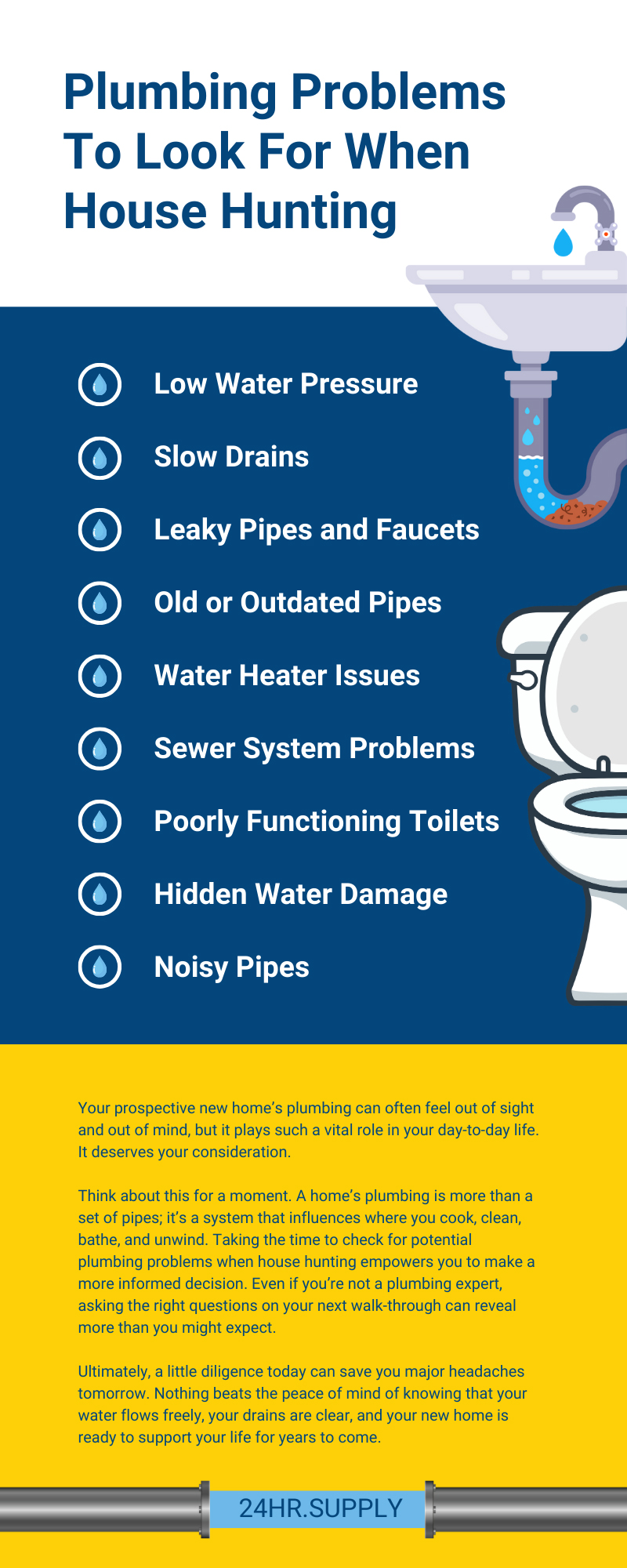
Recent Posts
-
What Causes Pipe Corrosion?
Pipe corrosion occurs when metal reacts with water, oxygen, and minerals over time. Factors that spe …Feb 2nd 2026 -
Commercial vs. Residential Plumbing: 15 Key Differences You Need to Know
Plumbing might seem straightforward at first glance, but residential and commercial systems are fund …Feb 2nd 2026 -
What Is a Circulator Pump and How Does It Work?
Water needs to keep moving efficiently in plumbing and HVAC systems, and that’s where a circulator p …Feb 2nd 2026
